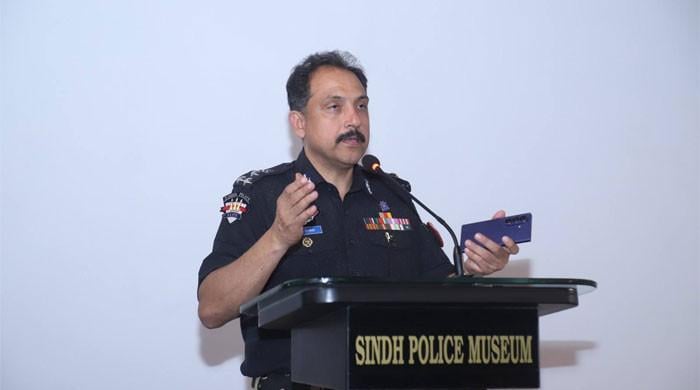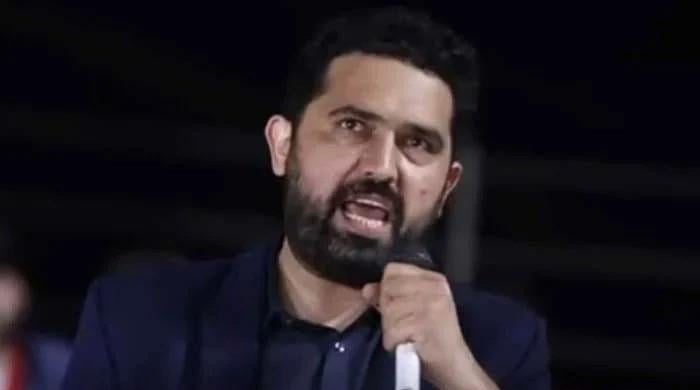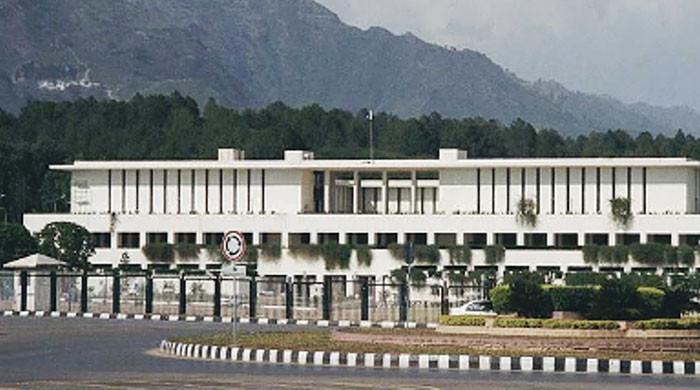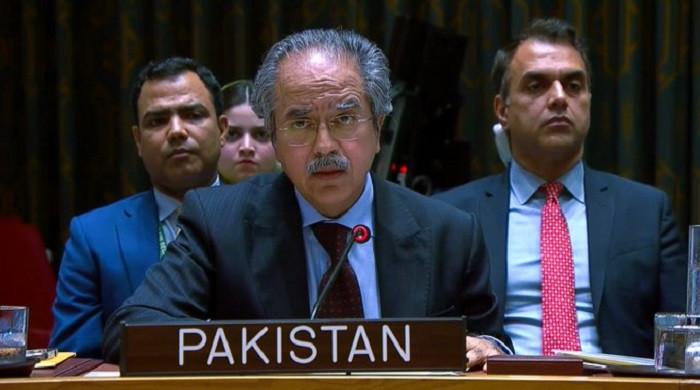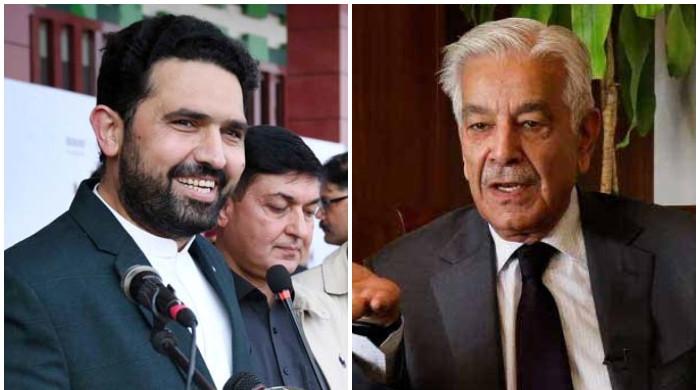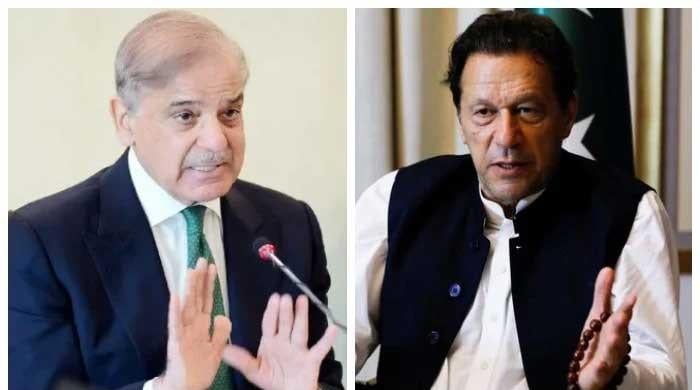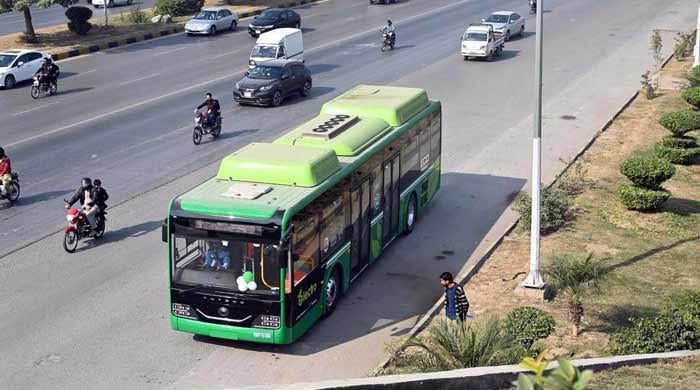The car accident which led to forced retirement of six army officers
Investigation on a corruption scam which eventually resulted in forced retirement for army officers began with a car accident
April 22, 2016
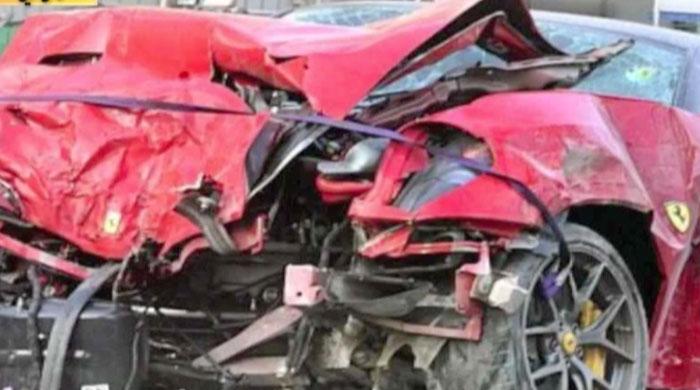
ISLAMABAD: Senior Pakistan Army officials including a lieutenant general and a major general, proved that they were involved in corruption during their posting in Balochistan FC; however, they had neither been court martialed nor dismissed from service and had been merely removed from service and would draw their pension as well as availing themselves of medical facilities, top military sources confirmed this correspondent.
The story started on November 26, 2014 with an accident in Quetta of an expensive imported sports car owned by son of the then IG FC Balochistan Maj Gen Ejaz Shahid resulting in killing of two serving army officers Colonel Shakeel and Major Yasir. Families of the officers moved an application in the office of the Chief of Army Staff (COAS) to declare their sons as ‘shaheed’ as they were killed while on duty. COAS General Raheel Sharif ordered an inquiry to ascertain the facts of the incident.
On December 25, 2014, Maj Gen Ejaz Shahid was transferred from FC and was appointed DG Foreign Military Cooperation. He was appointed IG FC on July 4, 2013 and he had replaced the then Maj Gen Obaidullah Khan Khattak who remained IG FC from 2010 to 2013. Obaidullah was appointed as General Officer Commanding 37 Division after leaving charge as DG FC. Prior to this appointment as IG FC Ejaz Shahid had been serving at General Headquarters.
The inquiry ordered by COAS to ascertain facts about the accident turned into an inquiry to find out the sources of income using which son of DG FC Maj Gen Ejaz Shahid bought such a lucrative sports car for his son. According to sources, Ejaz remained unable to justify the purchase of car from his known sources of income. The investigation led to finding that Maj Gen Ejaz was involved in corruption and making money from different sources including easing out checks on activities relating to smuggling.
It doesn’t stop here. Sources told The News that further investigations established that the corrupt practices were not confined to person or tenure of Maj Gen Ejaz Shahid and instead the cancer was very much spread. This led the probe to the events taken place during tenure of predecessor. By that time, predecessor of Ejaz Shahid, Obaidullah Khan Khattak had become lieutenant general and was assuming a highly sensitive position. The evidence, according to sources, also established involvement of Obaidullah Khattak in similar corruption. Consequently, Lt Gen Obaidullah was removed from the sensitive assignment in late 2015.
The news of proving of corruption charges against Maj Gen Ejaz Shahid was prematurely broken on July 11, 2015 and was reported by many national dailies on July 12, 2015. Reportedly, in addition to other punishments awarded, Maj Gen Ejaz Shahid was made to deposit Rs50 million looted money in GHQ. However, as the investigations to trace the trial of corruption during tenures of previous IG FCs was underway, military sources denied the news on July 12, 2015.
Under the Army Act, on coming to know about any corrupt practices of any serving officer as a result of some complaint and preliminary inquiry, COAS can order court martial of the officer under section 40. If charges are proved during trial in a court martial, under section 40, the army officer can face dismissal from service, he can be deprived of all awards, plots, lands and benefits and can also be imprisoned up to five years depending on his involvement. In case of dismissal, an officer is deprived of all benefits including pension.
However, under section 16 and 17 and relevant rules, reproduced below, COAS can order inquiry and on the basis of inquiry can “dismiss” or simply “remove” any serving officer. In case of dismissal under this section, the officer is deprived of all benefits he has taken during his service including plots, DHA plots, awards etc and he no more remains entitled to pension benefits.
However, if some officer “removed” after corruption charges are proved against him, he is deprived of all the benefits. The officers removed continue to take pension with a 25 percent deduction and also enjoy himself medical facilities and some allowances.
Credible sources confirmed to The News that all the army officers reported to be “dismissed” were in fact ‘removed’ some time back. The sources clarified that the under these sections of Army Act, lieutenant or a major general can only be removed or dismissed by the Prime Minister of Pakistan. Relevant sections of the Army Act read as follows;
Section 16: Dismissal or removal by CentralGovernment.The Central Government may dismiss or remove from the service any person subject to this Act.
Section 17: Dismissal or removal by Commander-in-Chief, or other authorised officer.
(1) The Commander-in-Chief may dismiss or remove from the service any junior commissioned officer, or warrant officer, or any person enrolled under this Act.
(2) An officer having power not less than that of a brigade commander or any officer not below the rank of brigadier empowered by the Commander-in-Chief in this behalf may dismiss or remove from the service any person enrolled under this Act who may be serving under his command.
Section 40: Fraudulent offence in respect of property.
Any person subject to this Act who commits any of the following offences, that is to say, (c) is guilty of any other act or omission with intent to defraud, or to cause wrongful gain or wrongful loss to any person; shall, on conviction by court martial, be punished with rigorous imprisonment for a term which may extend to five years, or with such less punishment as is in this Act mentioned.
— Originally published in The News




